Hi everyone,
We are going to examine the tax issues that you will encounter in Singapore (SG); and just as important, we must review the UK tax issues that affect you as a departing British expatriate.
Clients are always telling us that they prefer the Q&A format when digesting tax and money issues. We have listened to you, and as they say in Singapore, “mari kita lakukannya or let’s do that” (…English is the primary language in this location, but Malay is nationally nominated as the national language, hence the dual approach above).
Why do people move to live in Singapore ?
Well, if you ask any expatriate based there, they have many reasons. The locals are obsessed with their food and for good reason – a cuisine based on a rich heritage. The country is clean and modern but also boasts a wealth of history.
Did we mention the food as a major attraction (yes !) Without exaggeration we are repeatedly told by experienced expatriates that Singapore is their favourite home on the planet. Repeatedly.
Leaving the UK
What are the key tax issues for Brits departing the UK ?
There are several issues but let’s focus on the main headlines. Firstly, you must submit form P85 to HM Revenue & Customs (HMRC) which notifies them of your intention to depart the UK, and typically to break UK tax residence. We would not recommend that you carry out this process without a qualified UK tax advisor. It is not as simple as it appears.
Any other tax points for UK expats to consider ?
Yes, if you are renting out your UK home, this income is potentially UK taxable and reportable in the UK. You should ensure that this arrangement is properly set up eg record keeping to ensure that you can maximise your UK tax deductions and minimise UK income taxes due.
Do I need to worry about my UK state pension ?
As a Brit abroad, this is definitely an area to check ie should you carry on paying UK National Insurance and will the future UK pension justify this.
The above three points sound manageable – anything else ?
Yes. There is undoubtedly much more discuss. For example, the UK tax return you should file for your UK tax departure year; and the non-resident UK tax returns for future years. You may be due a rebate in year one, and later years. In addition, if you were to sell a UK home, HMRC will seek to tax that transaction, EVEN IF that house was once your primary residence. In short, take tax advice as you leave, there are certain major opportunities to avoid unnecessary tax costs and headaches.
Arriving in Singapore (SG) – taxation
Do they have HMRC, as a former UK colony ?
Not quite, the SG Government collect and manage taxes via IRAS or the Inland Revenue of Singapore.
What are the important tax issues please ?
Of course, these cannot be summarised in one line. Let’s examine some major differences compared to the UK system. Firstly, the tax year is the calendar year and the tax return filing deadline is 18 April for those filing electronically.
I am likely to stay for 2 – 3 years, how will they tax me ?
You are very likely to be SG tax resident.
As such the income tax rates are currently are 2 – 22%
And what is tax deductible for SG tax residents ?
There are many items, but here are some key income tax deductions :
- Charitable donations
- Self-education
- Life insurance
I understand that there is no SG capital gains tax ?
Yes and no. This is a complex area of SG taxation. There is no de facto capital gains regime, but certain transactions [that another country ( eg US, UK) would classify as a gain] are still taxed in SG. Overall, when it comes to issues such as selling stocks ( or exercising stock options, and managing other investments) a tax advisor is definitely recommended. And we have an excellent firm in Singapore to address this.
Tell me about the SRS scheme
This a state sponsored pension scheme – the Supplementary Retirement Scheme; whereby taxpayers are given full tax relief on contributions. In addition, there is no taxation on gains in the value of the fund. Overall, a very attractive proposition that must be considered.
Do you have any other SG tax issues to discuss ?
There are clearly more points to examine and we are simply giving you the main headlines here. A great jumping off point for you. We are here to talk with you more when the time is right, for example when you sign that new contract or assignment letter to work in Singapore.





